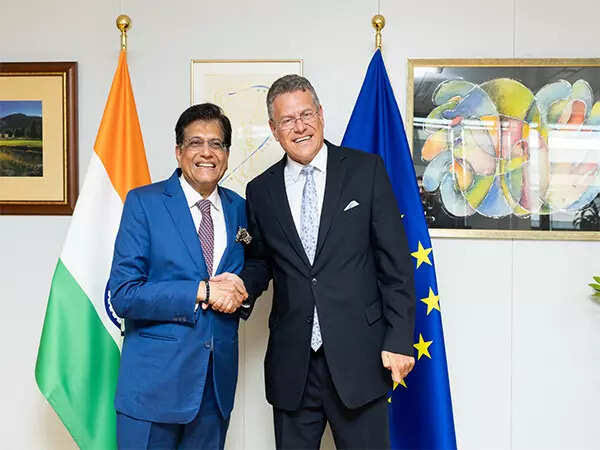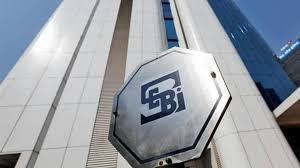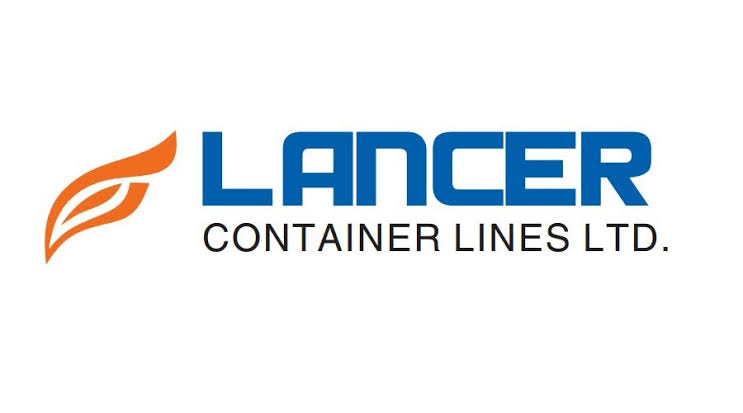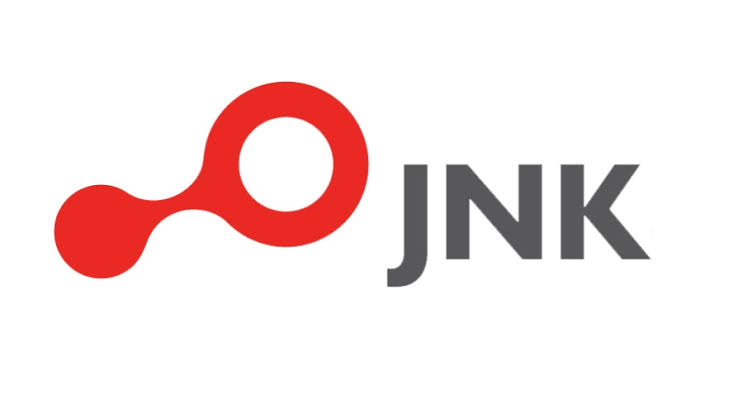 Image Source: The Economic Times
Image Source: The Economic Times
India's trade relations with the European Union (EU) have seen rapid advancement, with Indian Trade Minister Piyush Goyal affirming ongoing constructive discussions aimed at finalizing a significant Free Trade Agreement (FTA) by the end of 2025. Speaking to the Economic Times amid the ET World Leaders Forum 2025, Goyal emphasized that while India is committed to building strong global trade partnerships, it will prioritize national interests and sensitivities in all negotiations.
Key Highlights of the India-EU Trade Talks
-
Rapid Progress: India and the EU have made substantial headway in their FTA negotiations, with over half of the agreement chapters settled and approximately 90% of market access issues addressed. The agreement is thus considered “within sight” for completion by 2025, backed by positive diplomatic signals from both sides.
-
Multifaceted Negotiations: The talks cover a broad range of areas, including market access tariffs, quotas, non-tariff barriers (such as technical and regulatory requirements), digital trade, services, investments, and rules of origin. Notable sticking points remain in sectors like automobiles, wines, whiskey, and agricultural exports such as basmati rice, tea, and dairy products facing stringent EU regulations.
-
Emphasis on National Interest: Minister Goyal reiterated that India’s trade policy is governed chiefly by what's beneficial for Indian industry and the country’s overall wellbeing. He stated firmly that India will not compromise on its core economic priorities or agree to deals that do not protect its sensitive sectors.
-
Broader Trade Strategy: Goyal revealed India is not only focused on the EU but concurrently pursuing multiple trade agreements with other partners to expand its global trade footprint. The government is fast-tracking discussions on 3-4 additional agreements and prioritizes strategic sectors for growth.
-
Domestic Industry Considerations: Learning from past trade deals, especially the ASEAN Free Trade Agreement which faced criticism for adverse domestic impacts, India is cautious and demands fairness and protection for labor-intensive and vulnerable industries.
Detailed Overview of the India-EU FTA Negotiation
The India-EU negotiations represent a critical milestone, as the EU remains India's largest trading partner in goods, with bilateral trade valued roughly at $136–137 billion for the fiscal year 2024-25. The deal promises to unlock significant market access and investment opportunities across diverse economic sectors including pharmaceuticals, chemicals, automotive components, batteries, and digital services.
-
Digital Trade Breakthrough: A landmark achievement in the talks is the near-finalization of the digital trade chapter, setting ground rules for cross-border data flow critical for India's IT and digital economy sectors.
-
Services and Investment: Both India and the EU aim to ease restrictions on service providers, with the EU seeking to remove barriers for its firms in India, while India is set to gain from increased EU investments, particularly in rapidly growing IT and financial services.
-
Regulatory Challenges: Remaining hurdles primarily involve non-tariff barriers, technical standards, visa regulations, and tariff adjustments. India's high tariffs in select sectors remain a negotiation point, balanced by EU's strict product standards.
India’s Stance on Safeguarding National Interest
Minister Goyal underscored that India’s approach to trade talks is realistic yet proactive, with a strong emphasis on transparency, fairness, and balancing trade benefits with national economic security. India’s policymaking continues to prioritize the welfare of farmers, micro, small and medium enterprises (MSMEs), and labor-intensive industries that are vital for employment and economic resilience.
-
No Compromise on Core Issues: The government maintains firm red lines against opening sensitive sectors such as agriculture and dairy without safeguards.
-
Lessons from Past Experience: The ASEAN FTA experience has taught India the importance of negotiating deals that do not adversely affect domestic industry and livelihoods.
-
External Trade Relations: While actively engaging with the EU, India is also navigating complex trade dynamics with other partners like the US, focusing on protecting its strategic interests amid global trade uncertainties.
Conclusion
India’s trade minister’s recent remarks reflect a nuanced and strategic trade diplomacy approach—promoting integration with global markets while steadfastly safeguarding national priorities and sensitivities. As India and the EU gear up to potentially sign a landmark FTA by the end of 2025, the negotiations mark an important chapter in India’s efforts to strengthen its economic growth and global trade presence.
Source: The Economic Times
Advertisement
Advertisement







